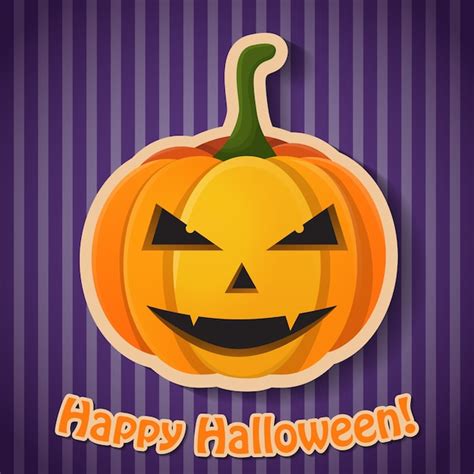Halloween: Celebrating Good or Glorifying Evil?
Halloween, a night brimming with costumes, candy, and spooky decorations, sparks a perennial debate: is it a harmless celebration of autumn, a fun family tradition, or a glorification of evil? The answer, like many things, is nuanced and depends heavily on perspective. Let's delve into the complexities of this age-old question.
Is Halloween Pagan in Origin?
Many believe Halloween's roots lie in the ancient Celtic festival of Samhain (pronounced sow-in). Observed around October 31st, Samhain marked the end of summer and the harvest and was believed to be a time when the veil between the living and the dead was thin. While the connection between Samhain and Halloween is undeniable, the modern celebration is a far cry from its ancient counterpart. The focus on spirits and the supernatural certainly persists, but the modern interpretations are heavily influenced by centuries of cultural evolution.
What are the origins of trick-or-treating?
The tradition of trick-or-treating, a cornerstone of modern Halloween celebrations, has a fascinating history. Its origins are murky, but it's believed to have evolved from various practices, including "souling," where poor people would go door-to-door receiving food in exchange for prayers for the dead. Over time, this practice morphed into the modern-day trick-or-treating, where children dress in costumes and collect candy.
How has Halloween changed over time?
Halloween's evolution is a testament to its adaptability. What started as a blend of Celtic rituals and Christian traditions has been significantly reshaped by commercialization, pop culture, and changing societal norms. The emphasis on costumes and candy is undeniably a modern addition, as is the widespread commercialization of the holiday.
Is Halloween harmful to children?
This is a frequent parental concern. While the emphasis on sugary treats can certainly be a health concern, many modern Halloween celebrations focus on community building and family fun. Parents can actively mitigate potential risks by supervising their children, choosing healthier alternatives to candy, and focusing on the creative and playful aspects of costume creation and attending community events.
Does Halloween promote violence and fear?
Some worry that Halloween's focus on ghosts, ghouls, and monsters promotes violence and fear, particularly in young children. However, the vast majority of Halloween activities are intended to be playful and entertaining rather than genuinely frightening. It's crucial to differentiate between playful scares and genuine fear-mongering.
Is Halloween satanic?
This is a misconception fueled by misunderstandings and misinformation. While some fringe groups may attempt to associate Halloween with Satanism, the overwhelming majority of Halloween celebrations are secular and focused on fun and community. The association of Halloween with evil is largely a misinterpretation and lacks historical or theological basis.
How can we make Halloween more positive?
The key to a positive and enriching Halloween experience lies in focusing on the aspects that build community, celebrate creativity, and promote positive interactions. Emphasizing costume design, attending community events, participating in safe trick-or-treating practices, and focusing on the fun aspects of the holiday can make it a wholesome and enjoyable experience for everyone.
Conclusion:
Halloween's legacy is complex, a tapestry woven from ancient traditions, cultural shifts, and commercial influences. Whether it’s a glorification of evil or a celebration of good depends largely on how it's observed and interpreted. By focusing on community, creativity, and responsible engagement, we can transform Halloween into a fun and meaningful experience for all. It's a holiday that, in its modern form, offers a fantastic opportunity for community building and creative expression, even if its origins are steeped in ancient beliefs about the supernatural.

